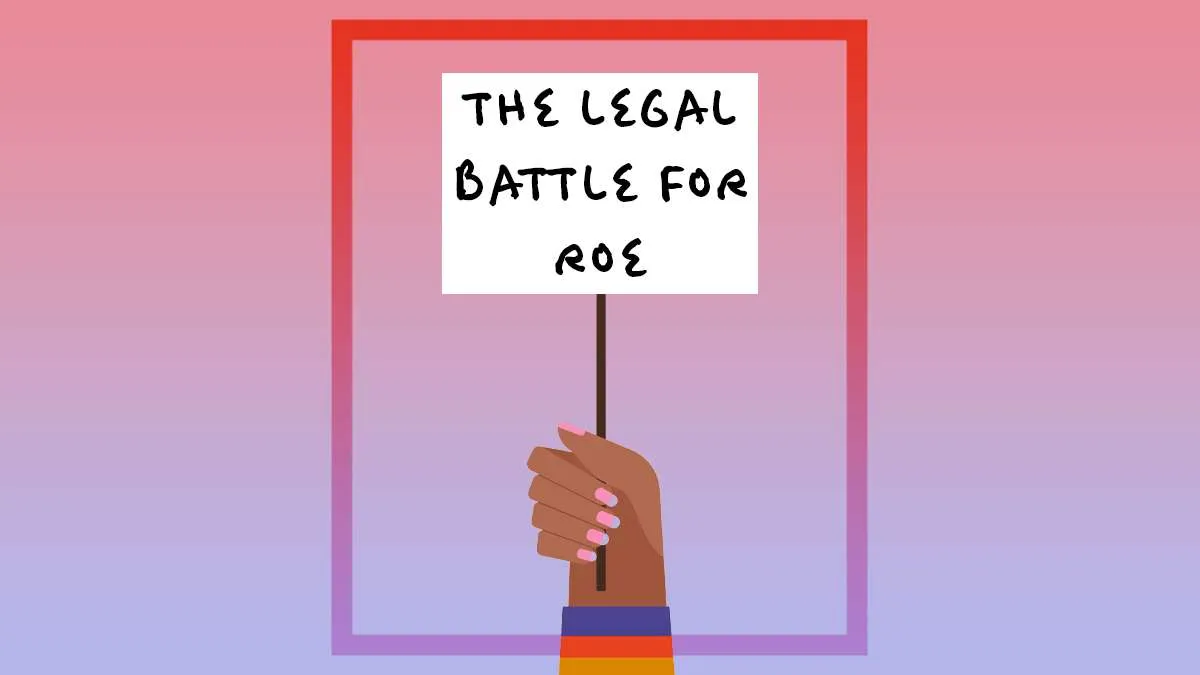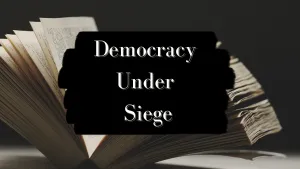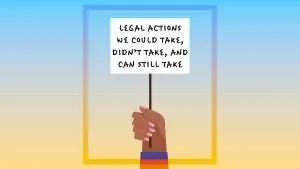Editorial Note:
This blog series offers accessible explainers on reproductive health, policy, politics, and social movements. Each post focuses on one aspect of reproductive health and provides an overview of the history, current conversations, and research on the topic.
From the author: From environmental movements to the criminal legal system to new age instagram, reproductive health and politics covers a lot of ground! It is a full time job staying up to date and I should know because it’s my full-time job! I know not everyone can spend hours a week reading up on reproductive health, so I’ll boil it down to 800 words or less so you can get and stay in the repro know.
Get in the Repro Know: Reading List
- Zakiya Luna: Reproductive Rights as Human Rights
- Leslie Reagan: When Abortion Was a Crime
- Dorothy Roberts: Killing the Black Body, Shattered Bonds, Torn Apart, Fatal Inventions
- Suzanne Staggenborg: The Pro-Choice Movement
- Patricia Zavella: The Movement for Reproductive Justice
- Collective works of Loretta Ross
- Collective works of Wagatwe Wanjuki
The Legal Battle for Roe
While abortion was not always so contentious in the United States (more on that in a future post), the fight to decriminalize abortion in the 1960s and 70s included a coalition of progressive activists and organizations. Opposition to legal abortion included Christian fundamentalists, especially in the Southern United States. This post offers a very brief overview of the lead up to the Roe v Wade Supreme Court case. For in depth histories check out the recommended readings.
Women’s rights organizations, environmentalists, and legal and medical professional organizations led the fight for legalizing abortion in the United States. Despite being a household name for abortion providers now, Planned Parenthood did not play a major role in Roe, preferring to focus on providing the care they could under the law. However, some readers may recognize organizations which provided material support for the Supreme Court case: NARAL Pro-Choice America and NOW (the National Organization for Women).
Both NARAL and NOW funded efforts to legalize abortion. Women’s rights groups like NOW and single issue organizations like the Association for the Study of Abortion (ASA) and NARAL provided legal support, volunteers, material resources, and lobbying efforts for Roe. Medical associations spoke in support of legalizing abortions using evidence and testimonies of the harms caused by bans and illegal methods of ending pregnancies. Legal organizations supported abortion on the grounds of human and civil rights. Environmental groups like Population Zero advocated for abortion as a solution to overpopulation. (The role of environmental groups in abortion advocacy as well as how reprodutive justice and environmental justice are linked will be a future standalone blog post).
While the Christian right in the U.S. was and continues to be the group most opposed to abortion access, religious organizations participated in the pro-abortion coalition as well. In fact, an entire network of clergy (rabbis and Christian pastors), helped pregnant people secure abortions prior to the Roe decision. While the majority of the public and many religious traditions support abortion access (in some religions, abortion and bodily autonomy are even crucial to their religious expression), a vocal and politically active sect of fundamentalist Christians oppose abortions in any form. Jewish leaders and activists are often quick to draw clarify that the anti-abortion movement is not a religious movement but a fundamentalist Christian effort. Religious leaders from many faiths including Christians, have spoken out against abortion bans. Despite religious freedoms and the separation of Church and State as cornerstone principles of the American legal system, the legal arguments against abortion often rely on conservative Christian worldviews and logics. So, how did this happen?
Abortion was not always the lightning rod political issue it is today. In the 1960s American conservatives fought against racial segregation and used the issue to rally its base. As racial segregation increased in popularity, the Republican party needed to find another rallying point. The party had been on the decline following the successes of democratic administrations and had been unsuccessfully attempting to sway newly affluent liberals and moderates with their economic policies. Then in the 1970s fundamentalist Christians organized in the South to express outrage over a Supreme Court ruling banning prayers in public schools. The Republican party moved swiftly to appeal to fundamentalist Christians, adapting their platforms to reflect fundamentalist Christian values – including total bans on abortion. Abortion mobilized the religious right with incredible intensity and success.
Browse the Full “Get in the Repro Know” Blog Series
Following the Roe decision, the loose coalition of medical experts, legal organizations, women’s organizations, environmentalists, and single issue organizations were not prepared for the immediate and highly organized religious right. Attacks on Roe and abortion providers (legal, physical, and social attacks) occurred relentlessly despite widespread support for abortions among the American public.






